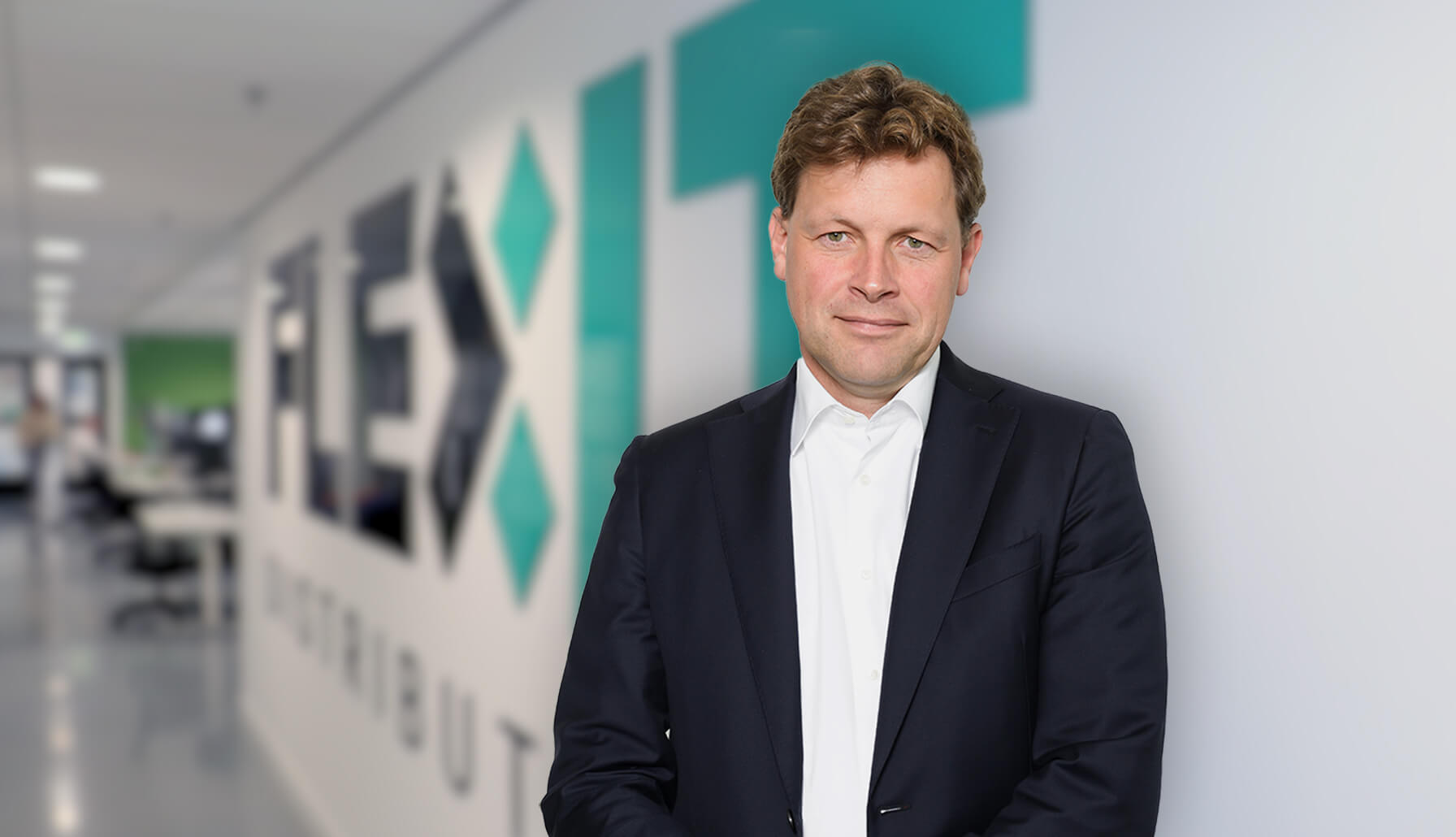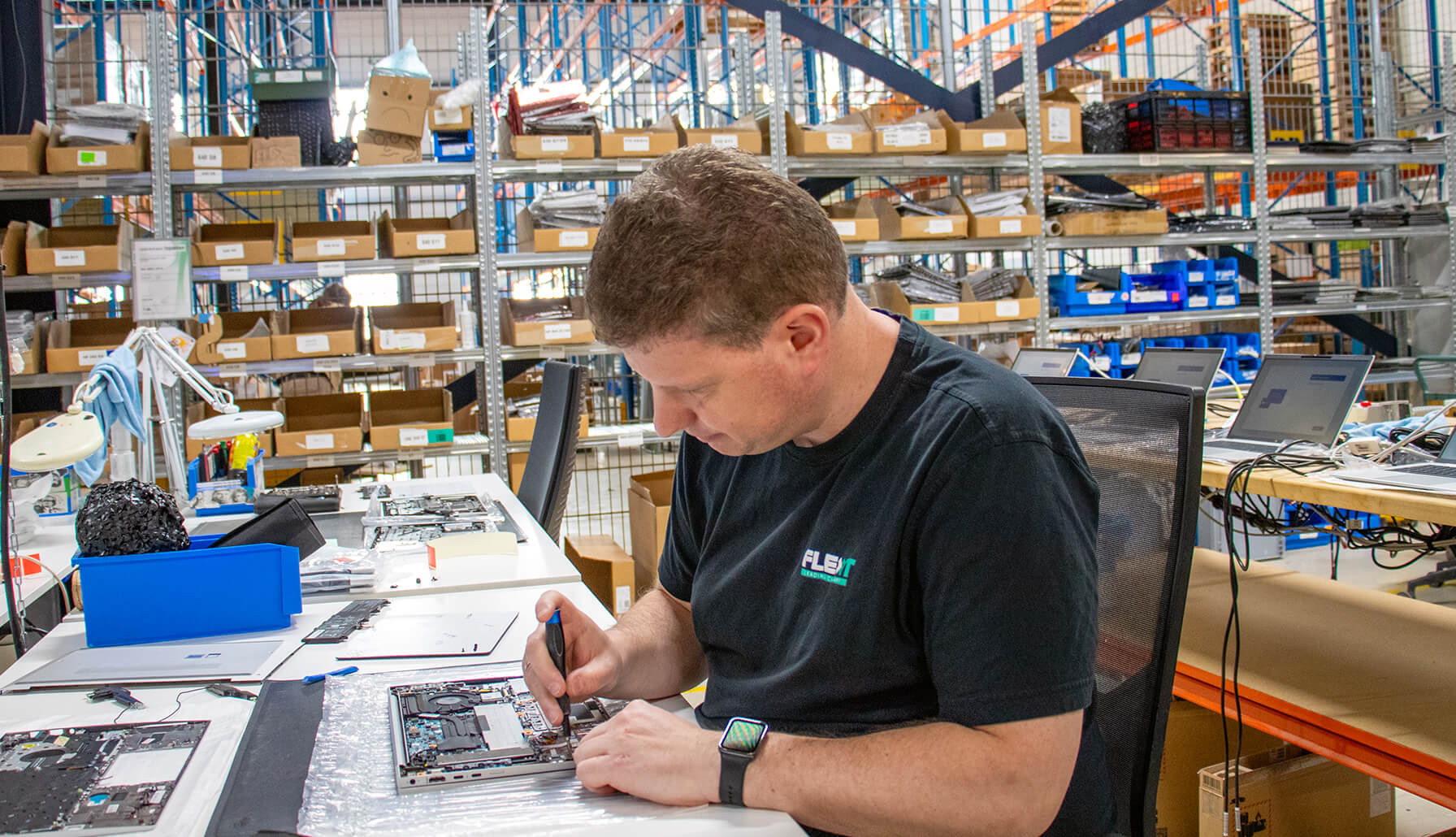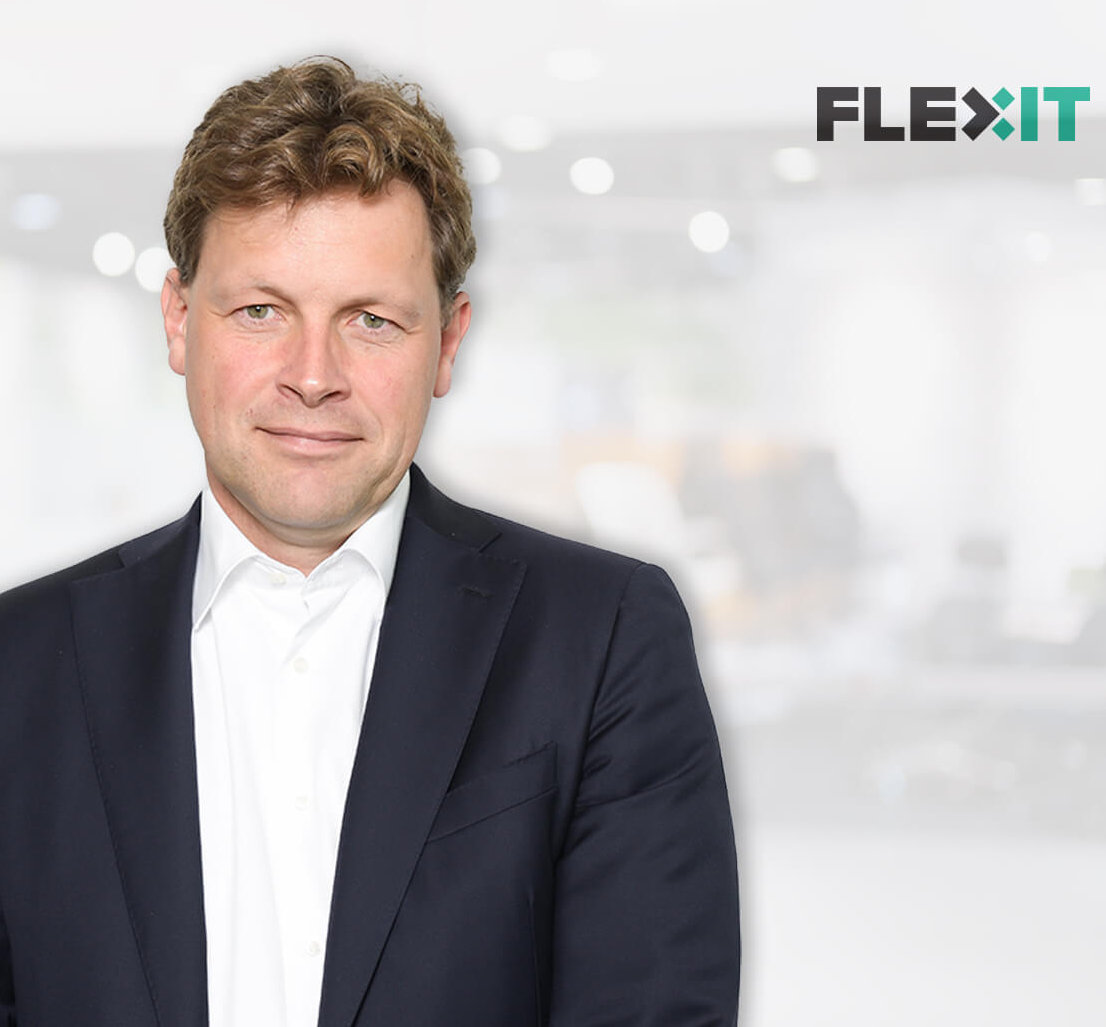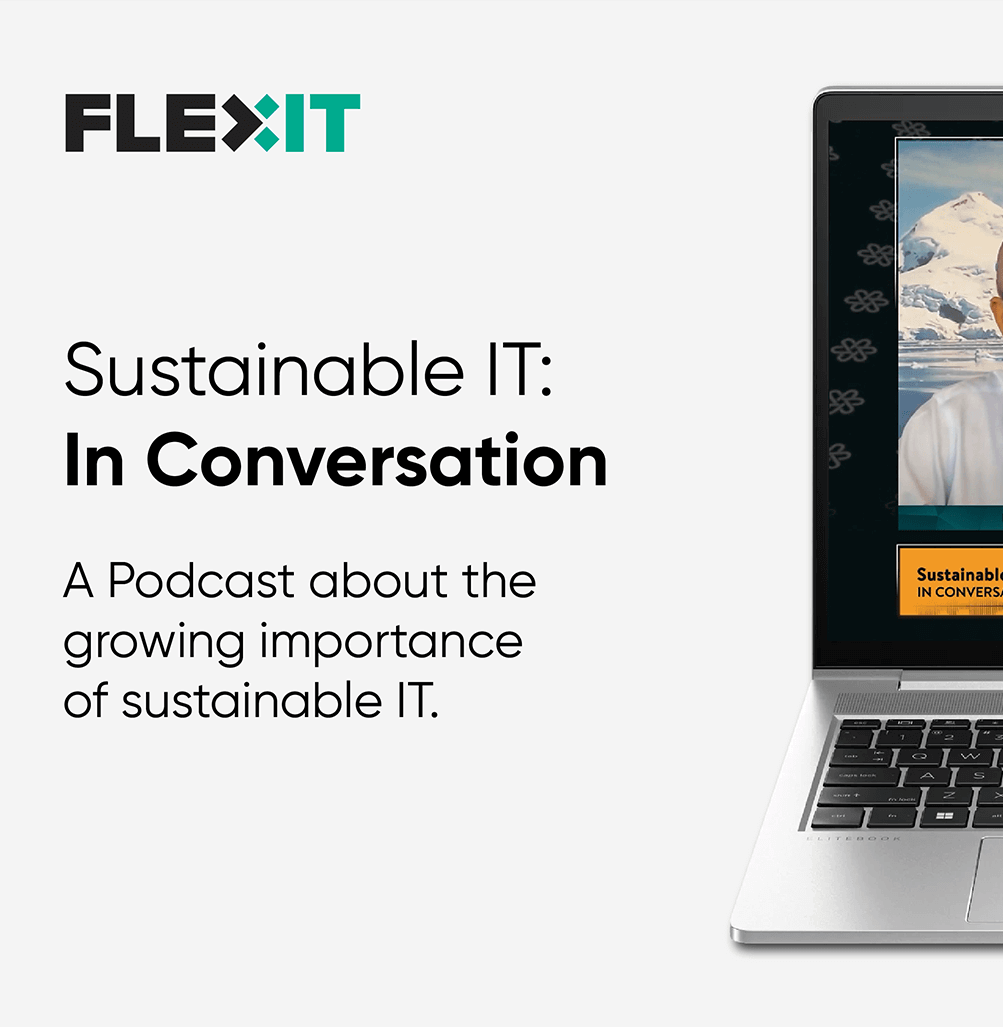Dutch companies invest heavily in circular economy
Dutch companies invest heavily in circular economy
Last year, the circular economy in the Netherlands grew substantially due to business investments in innovative and environmentally friendly technologies and production methods. The investments are attractive to companies through tax benefits.
Investments in the circular economy grew to no less than 1,085 million euros. Two tax schemes stimulate environmentally friendly and innovative investments: the Environmental Investment Allowance (MIA) and Arbitrary Depreciation of Environmental Investments (Vamil). A company making an investment that complies with these schemes benefits from an additional deduction from taxable profit (MIA) or can write off up to 75% of the investment at an arbitrary moment (Vamil). Both schemes provide companies with tax benefits.
Big increase in circular economy investments
The growth of investments in circular economy is shown in the annual report MIA/Vamil of the Rijksdienst voor Ondernemend Nederland (RVO). Last year 14,000 companies submitted applications, over an investment amount of 3.5 billion euros, an increase of 24% compared to the previous year. This will provide companies collectively with an estimated 119 million euros in tax benefits.
The basis of MIA and Vamil is a list of more than approved 300 assets and investments: the Environmental List. This includes, for example, circular applications in construction and software for registration and analysis of food waste. Last year, 54 investment opportunities in the field of circular economy were added to the Environmental List, especially regarding reuse, recycling and life extension of products and equipment.
Reusing, recycling and extending the lifespan of IT hardware are key steps in creating a circular IT economy. The need for the principles of the circular economy to be followed in IT procurement has been discussed before. This will set off a behavioral change which in turn will result in leading to “reduce, reuse and recycle” hardware. The substantial growth of investments in the Dutch circular economy show that financial incentives can really be a driving force towards a circular European market for IT hardware.







